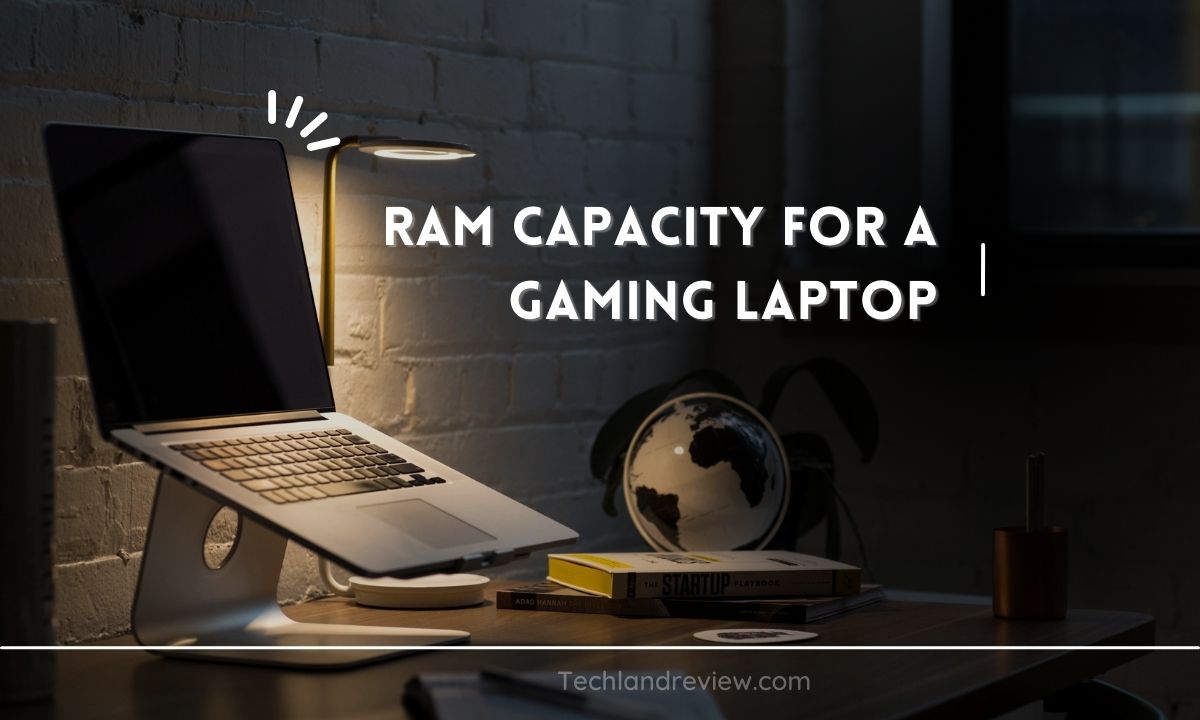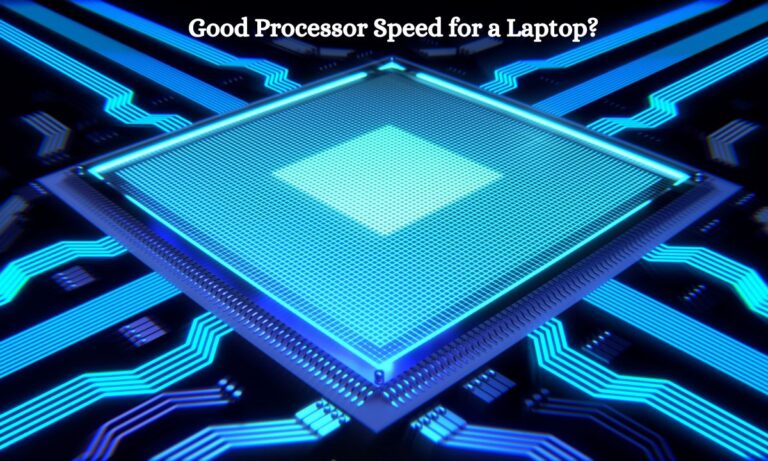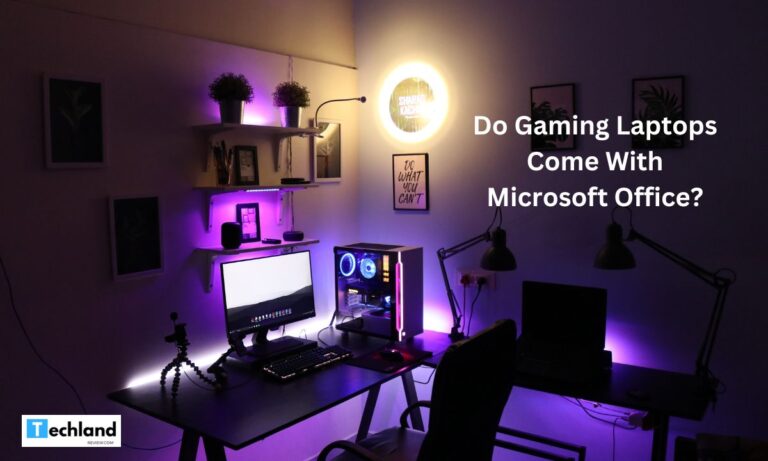How Much RAM is Good for a Gaming Laptop?
In an era defined by technological advancements, the gaming industry has not been left behind. We’ve seen a significant shift from traditional game consoles to more versatile platforms, such as…
In an era defined by technological advancements, the gaming industry has not been left behind. We’ve seen a significant shift from traditional game consoles to more versatile platforms, such as gaming laptops. These devices offer a harmonious blend of portability and power, making them a favorite among gaming enthusiasts.
A key component that often comes into question when selecting a gaming laptop is the Random Access Memory (RAM). But how much RAM is actually good for a gaming laptop? This article delves into the realm of RAM to help you discern the ideal memory capacity for your gaming needs.
Understanding RAM and Its Importance in Gaming
RAM is a critical component in any computing device, including gaming laptops. It functions as temporary storage that the central processing unit (CPU) can access quickly. RAM holds data on currently running programs, which makes it a crucial determinant of a system’s speed and efficiency. In the context of gaming, having more RAM allows your laptop to load and run games faster, providing a smoother, lag-free gaming experience.
A gaming laptop needs adequate RAM to handle high-end, resource-intensive games that have become the norm in the modern gaming world. More than just facilitating gameplay, RAM is also essential for multitasking. If you are gaming while simultaneously running other programs – say, live-streaming your game, chatting with friends, or using gaming mods – more RAM can support these activities without compromising your gaming performance.
How Much RAM Do You Really Need?
For casual gaming, a laptop with 8GB of RAM is the minimum recommended amount. This capacity can adequately handle less demanding games, web browsing, and basic multitasking. If your gaming activities are primarily centered around indie games or older titles, 8GB should suffice.
However, for the contemporary gamer engaged in playing latest AAA titles, 8GB may prove to be insufficient. Modern games are becoming increasingly complex, with high-definition graphics and detailed environments that require substantial computing resources. To run these games smoothly, 16GB of RAM is the current standard.
With 16GB, you can comfortably play virtually any game on the market. Furthermore, this allows for efficient multitasking, ensuring that your streaming services, communication platforms, or other apps run seamlessly alongside your game. If you’re a gamer and a content creator who records and edits gameplay videos, 16GB provides enough breathing space for running editing software as well.
While 32GB or even 64GB RAM laptops exist, they are generally overkill for most gamers. Such capacities are designed for heavy-duty tasks like 3D rendering, machine learning, or running multiple virtual machines, rather than gaming. Unless you are a professional user with such needs, investing in a 32GB or 64GB RAM laptop for gaming might lead to unnecessary expense without noticeable improvements in performance.
Futureproofing Your Gaming Laptop
As we step further into the future, games will continue to evolve, becoming even more resource-demanding. While 16GB is enough for today’s games, you might want to consider the scalability of your system. Futureproofing is a term often used to describe the practice of equipping your system with enough capacity to remain competent for the foreseeable tech advancements.
Some gaming laptops allow you to upgrade RAM, which can be a cost-effective way to improve performance down the line. This option means you can start with 16GB and upgrade to 32GB later if needed. However, not all laptops offer this flexibility, so it’s important to consider this feature during your initial purchase if you think you might need more RAM in the future.
Final Words
The amount of RAM needed in a gaming laptop depends largely on the nature of your gaming habits and the extent of your multitasking needs. While 8GB might cater to casual gamers, 16GB is the sweet spot for most gaming enthusiasts looking to enjoy modern AAA titles and engage in high-level multitasking. Although higher RAM capacities exist, they’re generally unnecessary for gaming and better suited to professional-grade tasks.
In the ever-evolving world of gaming, futureproofing your laptop by selecting a device with upgradeable RAM can be a wise move. This flexibility ensures your laptop remains capable of handling the inevitable advancements in gaming technology.
Remember, while RAM is an important consideration, it’s just one of many. The overall performance of a gaming laptop depends on a balance of numerous components, including the CPU, GPU, storage type, and cooling system. So, make sure to consider all these factors together when selecting your ideal gaming laptop







